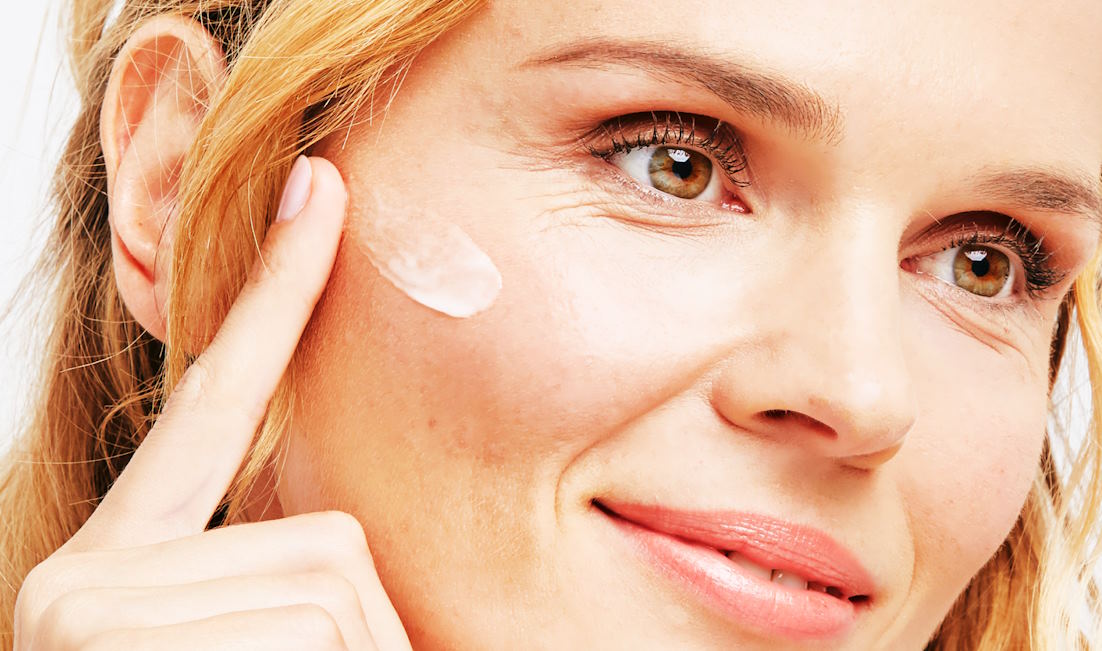Discover Effective Tips for Nourishing the Sensitive Eye Area
The eyes, often referred to as the windows to the soul, are a remarkable and delicate feature of our facial anatomy. However, the skin surrounding our eyes is exceptionally sensitive, requiring special attention and care to maintain its health and vibrancy. In this fast-paced world filled with environmental stressors and constant exposure to screens, the sensitive eye area is prone to various issues such as dark circles, puffiness, and fine lines.
Proper Skincare Routine for the Sensitive Eye Area
The delicate skin surrounding our eyes requires a skincare routine that is both gentle and effective. Understanding the unique needs of the sensitive eye area is crucial for maintaining its health and preventing common issues like puffiness and fine lines. Here are essential steps to include in your skincare routine to ensure optimal care for your sensitive eyes.
Gentle Cleansing Techniques
When it comes to cleansing the sensitive eye area, less is often more. Avoid using harsh cleansers and refrain from rubbing the eyes vigorously, as this can lead to irritation and increased sensitivity. Instead, opt for mild, fragrance-free cleansers specifically formulated for sensitive skin. Gently pat the cleanser around the eyes without tugging at the delicate skin, ensuring a thorough yet gentle cleansing process.
Hydration and Moisturization
Proper hydration is paramount for the sensitive eye area. Invest in a suitable eye cream that contains gentle ingredients such as hyaluronic acid or chamomile. These ingredients provide effective moisturization without causing irritation. When applying moisturizer, use your ring finger to lightly dab the product around the orbital bone, avoiding direct contact with the eyes. This ensures proper absorption and minimizes the risk of irritation.
Sun Protection
The significance of sun protection for the eyes cannot be overstated. UV rays can contribute to premature aging and damage the sensitive skin around the eyes. Choose sunglasses that offer UV protection to shield your eyes from harmful rays. Additionally, incorporate an eye cream or sunscreen into your daytime routine, applying it carefully to safeguard the delicate eye area. Consistent sun protection is key to maintaining the health and vitality of your sensitive eyes.

Natural Remedies for Nourishing the Eyes
When it comes to caring for the sensitive eye area, turning to natural remedies can be a gentle and effective way to address common concerns like puffiness and dark circles. Embracing the benefits of natural ingredients can offer a soothing and nourishing touch to your eye care routine.
Benefits of Natural Ingredients for Sensitive Skin
Natural ingredients are renowned for their skin-friendly properties, making them ideal for the sensitive eye area. Ingredients such as aloe vera, chamomile, and cucumber possess anti-inflammatory and calming attributes, providing relief to delicate skin. Choosing products with these natural components ensures a nurturing approach to eye care without the risk of harsh reactions.
DIY Remedies for Reducing Puffiness and Dark Circles
- Cucumber Slices: Place cool cucumber slices on closed eyes for a refreshing and hydrating treatment. Cucumbers contain antioxidants that help reduce inflammation and puffiness, leaving your eyes revitalized.
- Cold Compress: Apply a cold compress or chilled spoons to the eyes to constrict blood vessels and minimize puffiness. This simple yet effective remedy can be easily incorporated into your daily routine.
- Tea Bags: Used tea bags, particularly those containing caffeine or chamomile, can be placed on the eyes for their soothing properties. The antioxidants in tea help diminish dark circles and provide a calming sensation to tired eyes.
Lifestyle Changes for Healthier Eyes
Ensuring the well-being of your eyes goes beyond skincare; it extends to lifestyle choices that contribute to overall eye health. By incorporating simple yet impactful changes, you can promote the longevity and vitality of your sensitive eyes.
Importance of a Balanced Diet for Eye Health
A nutritious diet plays a pivotal role in maintaining optimal eye health. Foods rich in antioxidants, such as leafy greens, berries, and carrots, contribute to the prevention of oxidative stress and support overall eye function. Vitamins A, C, and E, found in abundance in fruits and vegetables, are essential for maintaining the integrity of the eye tissues and preventing age-related deterioration.
Getting Adequate Sleep for Eye Rejuvenation
Quality sleep is a cornerstone of holistic eye care. During the sleep cycle, the eyes undergo essential rejuvenation processes, promoting cell repair and maintaining the eye’s moisture balance. Aim for 7-8 hours of uninterrupted sleep each night to allow your eyes the necessary time to recover and refresh.
Managing Stress to Prevent Eye Strain
Stress can manifest physically, often leading to eye strain and discomfort. Incorporate stress-management techniques into your daily routine, such as meditation, deep breathing exercises, or regular breaks during screen time. By mitigating stress, you reduce the risk of eye strain and maintain a relaxed and healthy ocular environment.
Posts
About
 Join our beauty tribe for a curated experience on our blog. Discover expert tips, trend updates, and transformative advice to redefine your routine. From skincare rituals to makeup mastery, embark on a journey to enhance your natural radiance. Let our insights guide you to a world of self-love and confidence.
Join our beauty tribe for a curated experience on our blog. Discover expert tips, trend updates, and transformative advice to redefine your routine. From skincare rituals to makeup mastery, embark on a journey to enhance your natural radiance. Let our insights guide you to a world of self-love and confidence.


